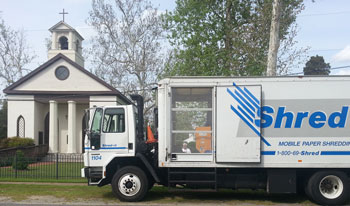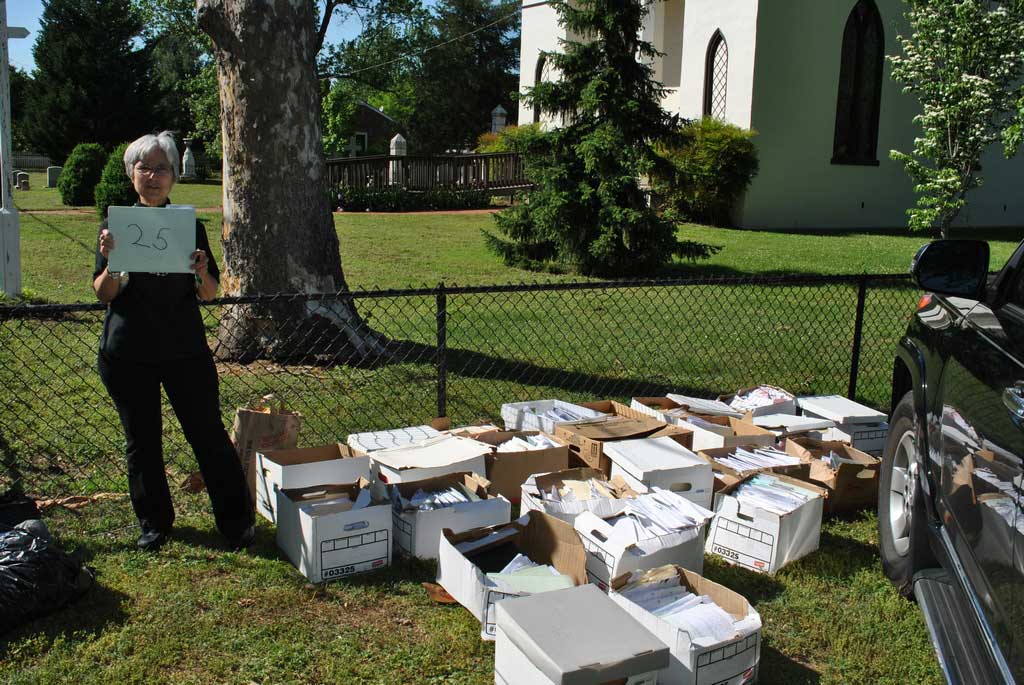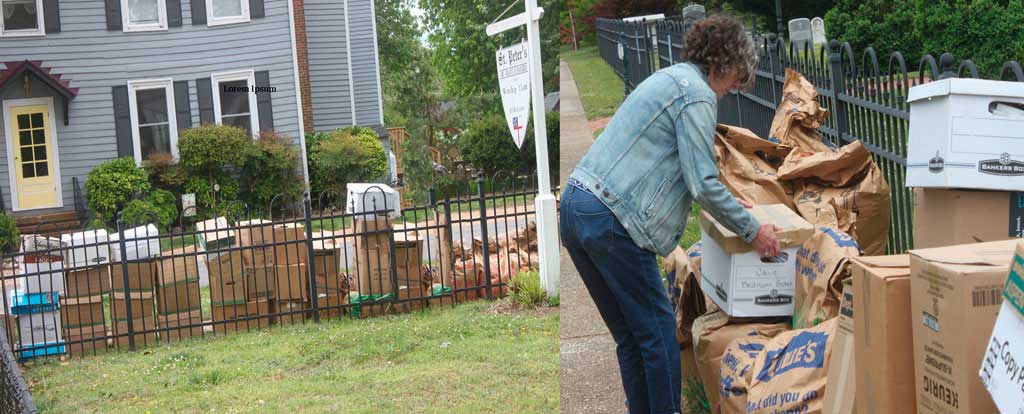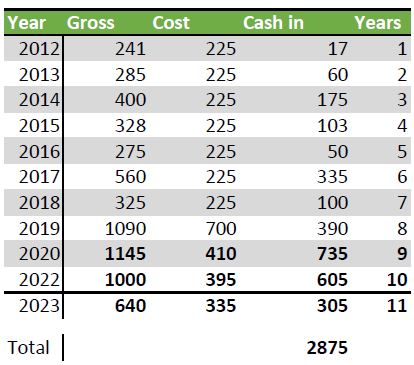Click here to view in a new window.
2024 Sun June 9
Remembering St. Barnabas, June 12

St. Barnabus Curing the Poor – Paolo Veronese.
Collect for his day -"Grant, O God, that we may follow the example of your faithful servant Barnabas, who, seeking not his own renown but the wellbeing of your Church, gave generously of his life and substance for the relief of the poor and the spread of the Gospel; through Jesus Christ our Lord, who lives and reigns with you and the Holy Spirit, one God, for ever and ever. Amen."
Who is St. Barnabus and why do we celebrate a feast day for him ?
Three reasons why Barnabas is a famous saint:
1. He was one of the most highly respected leaders in the early church. Born on the island of Cyprus (which means “copper” because of the mines there), his name was Joseph, but the apostles called him Barnabas (which means “son of encouragement”).
2. When Saul (as Paul was still known) appeared in Jerusalem after his conversion, he was spurned by the Christians he had persecuted. Yet when Barnabas “took him by the hand, and brought him to the Apostles”, and spoke up for him, Paul was immediately accepted (Acts 9:27).
He was Paul’s mentor and advocate and was the leader when he and Paul were sent off on the first missionary journey. But Paul’s personality and fervor soon dominated.
Where it had been “Barnabas and Paul”, it was now “Paul and Barnabas”. (See Acts, Chapter 13.)
3. Barnabas was so vital to the spread of the Gospel that he earned the highest accolade that any Christian can receive; “. . . . he was a good man, full of the Holy Spirit and of faith”. (Acts 11:24)
Around 49, at a council in Jerusalem, St Peter helped to carry the argument of Paul and Barnabas that Gentile Christians need not be circumcised.
It is odd, therefore, to discover Barnabas and Peter siding against Paul in refusing to eat with the Gentiles (Gal 2:13). Was this a matter of personal sympathy? The last we hear of Barnabas is of his falling out with Paul over the latter’s refusal to accept John Mark as a travelling companion.
“So sharp was their disagreement, that they separated from each other; Barnabas took Mark with him, and sailed off to Cyprus.” (Acts 15:36-40)
So Barnabas passes from the written record. Tradition holds that he preached in Alexandria and Rome, before being martyred at Salamis.
Track 1 or 2 ?
During Ordinary Time there are two possible tracts or Old Testament, Psalm and Epistle Readings:
Track 1 – Old Testament in Order. In Year B we begin with 1 Samuel.
Track 2 – Themes Old Testament in line with the other reading. It follows the Roman Catholic tradition of thematically pairing the Old Testament reading with the Gospel reading, often typologically—a sort of foretelling of Jesus Christ’s life and ministry. We use Track 2 at St. Peter’s.
Lectionary, Pentecost 3, Year B, Proper 5, June 9, 2024
I. Theme – The pervading role of sinfulness

The lectionary readings are here or individually:
Old Testament – Genesis 3:8-15
Psalm – Psalm 130 Page 784, BCP
Epistle –2 Corinthians 4:13-5:1
Gospel – Mark 3:20-35
Today’s readings explore the pervading influence of sinfulness that makes humans stand in resistance and opposition to God. In 1 Samuel, we begin a series of readings describing the development of kingship in Israel. In Genesis (ALT), we learn the meaning of human sinfulness from the story of Adam and Eve’s disobedience. Paul encourages the Corinthian Christians to trust in the eternal power of God. In the gospel, when his opponents declare that Jesus is possessed by Beelzebul, Jesus warns them of blasphemy against the Holy Spirit.
Commentary by Rev. Mindi
We enter this season after Pentecost, after Trinity Sunday, in which (at least in the mainstream Protestant tradition) there are no special days until Reign of Christ Sunday just before Advent. We begin this time with the story of the man and the woman hiding from God in the garden. The man explains his shame, his hiding by scapegoating the woman, who in turn explains herself by scapegoating the serpent, and the serpent is punished by God. As part of the curse of the serpent, humanity is separated from relationship with the creatures of creation. No longer will human beings and animals live in harmony; there will be predators and prey, a need to defend oneself against the wild creatures of the world. We often read this passage and recall humanity’s fall, but there is a sense that the model of harmony in the garden is disrupted among the rest of God’s creatures as well. This harmony is symbolically seen again upon the ark in the story of the flood, where miraculously somehow the animals don’t eat each other or the human beings who are caring for them. We are reminded that God’s intention for creation was harmony between man and woman, between human beings and God, and between humanity and the rest of creation; but through our greed and desire, we have distorted God’s intention, and it is God who must reconcile us through Christ.
The other choice for the Old Testament readings this year follows the historical books, beginning with 1 Samuel 8 and 11, telling the story of the anointing of Israel’s first king, Saul, by the prophet Samuel.
Psalm 130 is a song of hope in God, having patience in God’s deliverance. We may have sinned, but God forgives, and God will save, as long as we hold on to hope.
Mark 3:20-35 tells of Jesus’ homecoming after he called his first disciples and the reception he received. People had begun to talk about Jesus and were spreading some rumors and tales, including that Jesus was possessed by Beelzebul. Jesus’ own family wants to bring him home and stop this “madness,” this “nonsense,” of Jesus’ ministry and healing and preaching, but Jesus declares that Satan can not cast out Satan; therefore Jesus, who is doing good works, cannot be possessed by a demon, for what he is doing is the complete opposite of what demonic forces would do. Demonic forces would destroy, bring pain and anguish and despair; Jesus brings restoration, healing, joy and hope. When Jesus’ family calls out to him and the crowd informs Jesus of this, Jesus reminds them that whoever does the will of God is Jesus’ family–for we are all children of God, we are all Christ’s brothers and sisters, when we do the work of God, bringing healing, hope and restoration to the world by sharing God’s love.
2 Corinthians 4:13-5:1 proclaims that we live by faith, not by sight. What can be seen is temporary–what we have made, what we have done–but what cannot be seen, God’s intention for us, is eternal. We must hold on to hope and know that God will restore us, God will reconcile us, and God will heal us. Everything we experience on this earth is temporary, but what we cannot see, cannot perceive, cannot fully understand is eternal–that God’s love endures forever.
When we look back upon the creation story, we recognize the story of God’s intention: a world created in relationship with God, a world in which human beings are in relationship with creation and with each other. In Genesis 3 that relationship is distorted by human beings; but we see glimpses of God’s intention breaking through all throughout Scripture. We see it in the story of the flood and the ark and the rainbow; we see it in the Psalms; we see it in Revelation. We see places where humanity continues to insist on their own way, one in which people are scapegoated and leaders are given too much power over people, where people who do not make good leaders are made into kings and the poor are oppressed. And when God’s intention begins to break through, as in Jesus’ ministry, we still resist. We want our own way. We want to have and others to not have–because we believe we have worked harder, we have earned it. We fail to see that God’s intention is not rivalry but relationship. We fail to see that God’s intention is not survival but harmony. We fail to see that God’s intention is not being right, but doing right. We fail to see that God’s intention is not insiders and outsiders, but all of humanity as God’s children, brothers and sisters of each other. This is what God’s intention is for humanity and the world, what God’s desire is for us: that we be part of Christ’s family.
So What is an Epistle ?
By Jack Wellman
“I read a survey many years ago that tested the biblical literacy of Christians. One of the questions was “What were the wives of the apostles called?” There were multiple choice answers and the one answer that received the most votes was the apostles wives were called “epistles” but that is, of course, wrong so let’s find out the answers to the questions: what were the epistles in the Bible and what does the word epistle mean?
Sunday Links, June 9, 2024
Second Sunday After Pentecost June 9, 11am
Lector: Alice Hughes
Acolyte: Hamilton and Chester Duke
Chalice Bearer: Alice Hughes
Altar Clean up: Andrea Pogue

Recent Articles, June 9, 2024, The Third Sunday after the Pentecost
 Photos
Photos
 Videos
Videos
 Bulletin
Bulletin
Lectionary, June 9, 11am service
Commentary
 Sermon
Sermon
 Commentary, Corinthians
Commentary, Corinthians
Lincoln’s House Divided Speech
The Gospel in June
Visual lectionary from Vanderbilt
So, What is an Epistle?
Shred-it, June 12, 2024
Remembering St. Barnabas
Anything but Ordinary! Ordinary Time
St. Peter’s Wildflowers
Celebrating the Rappahannock River
Last Sunday, June 2, 2024
The Way We Were
Lectionary, June 2, 11am service
Photos
Videos
Bulletin
Sermon
Commentary
Ministries
Special – May
Thy Kingdom Come
St. Peter’s Anniversary
Chancellor’s Village
Chancellor Village Photos and sermon, May 14
Chancellor’s Village Sermon, April 23
Sacred Ground
Foundations of an African-American Community
Sacred Ground, May, 2024
Sacred Ground, Feb., 2024
Sacred Ground, Jan., 2024
Season of Creation
St. Peter’s and the Earth
Team Up to clean up event, April 20
Episcopal Church Men
ECM Maintenance, May 11
Newsletters
June newsletter
May newsletter
Episcopal Church Women
ECW Chair change
ECW Spring meeting, April 9
Jamaica
Breakfast program in Jamaica
Performance
Portland Guitar Duo at St. Peter’s, April 19, 2024
Village Harvest
 Summer meals
Summer meals
Village Harvest, May 2024
Village Harvest, April, 2024
Village Harvest, March, 2024
Village Harvest, Feb., 2024
Education
Creeds class notes 5 sessions- Conclusion
God’s Garden collection
The Gospel in June, 2024
We are back to Mark! In May the readings were from the Gospel of John as it explored the effects of the Resurrection, the roles of the disciples and their relationship to Jesus. This month explores the challenges to Jesus with the Pharisees, with the disciples and even from his own family. Jesus is not on the defensive – these stories help enlarge the concept of the Kingdom of God.
June 2 – 2nd Sunday after Pentecost -Mark 2:23-3:6
Sometimes rules and regulations can get in the way of our mission. The connection this week is in the role of the Sabbath. Jesus’ operating principle is that the Sabbath ( and the law and the rituals of holiness) was created for humanity, and not the other way around. ’ In that sense, God is chiefly known as love and the laws and purity rituals are for humanity’s own good. The alternate theology is that for humans have to achieve a certain level of holiness – through following laws or practicing purity rituals – to be acceptable to God. That’s the focus on the Pharisees whose religion had deteriorated into rules, regulations and rituals..
To make His point still further, Jesus goes into the synagogue and brings a man with a withered arm into the middle of the gathering. Then, He asks the simple question – is it against the law to do good on the Sabbath – or to save a life? Needless to say, His critics have no answer. Jesus has an answer – he heals the man. Mark’s description of healings were important – they were signs that the Kingdom of God was at hand
Newsletter, June, 2024
Click here to view in a new window.
Shred-It, June 12, 2024, 1:30pm





Above – From Left to right, top to bottom – 2013, 2015, 2017, 2019, 2022
Shred-it is an essential ministry because it involves a number of people around a common necessary task that is best accomplished by professionals.
Why support Shred-It?
1. For you. Shred-it’s goal is to safely dispose of records no longer needed. It may be old Tax returns, bank statements, investment records, any expired document etc. They lie around gathering dust and may contain personal information that needs to be kept secured even if the records are no longer pertinent or useful. For obvious reasons we don’t want to put them in the regular trash or even recycling bin. Dispose of sensitive documents safely and securely, and free up needed space at home or work.
2. There is also the environmental benefit for having these documents shred rather than lying in some landfill. A majority of people in the US still sends their trash to the dump. Harmful chemicals and greenhouse gases are released from rubbish in landfill sites. Recycling helps to reduce the pollution caused by waste.
3. Fellowship Shred-it is a fellowship event as well that goes beyond the church. It is a community event We get to see people who come around once a year from the community. We might ask “What’s new ? How has your life changed over the year ? Have you seen so and so from the neighborhood” and then .”Thanks for contributing to St. Peter’s ministries.” Andrea usually had food to encourage the fellowship.
It is also a time to remember those no longer part of our lives whether due to relocation, sickness, death or some other reason. It is another event that is part of the scrapbook of our lives.
4. For the church. It is also a fundraiser for our outreach ministries. The funds we earn less the cost of the Shred-it truck helps our outreach ministries, such as the Village Harvest food distribution, which plows funds back into the Port Royal community. We have netted $2,875 over the last 11 years for outreach ministries.

5. Finally, Shred-it is another opportunity to thank Andrea Pogue who came up with the idea and has organized it since. For all these reasons here it is a great ministry!
So I am encouraging you to check your valuable records, stuff that needs to go that you don’t want to entrust with your regular garbage or recycling services and plan to bring it to St. Peter’s on June 12 to let the professionals dispose of it securely. Publicize it to your friends!
